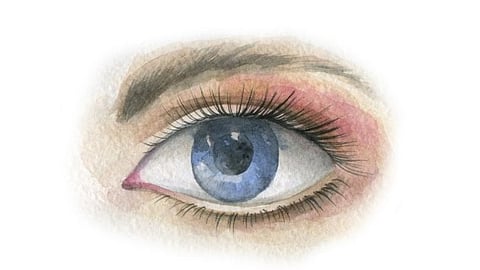Poetry: Of Bardot, Abstractions, Letters And Cities
To the drowning, a boat is an abstract thing/to the fallen, resurrection is an abstract thing.
Brigitte Bardot in a haunting Romeo
A nineteen fifty-nine, and wanting, Romeo
Her eyes speak of faraway oceans
Deep blue and blush, discounting Romeo
Is it sadness that’s her greatest trait?
Farther and farther; don’t blink, Romeo
What is life but a series of frames
In one, Brigitte; and then, fawning, Romeo
Clutch, gears, and roads unspool like fire
Paris, Burgundy, Amalfi; such a thing, Romeo
She sings of broken, beautiful butterflies
Their eyes rapid. Kissing their wings, Romeo
In a quiet corner of a faraway world
She gathers love. Sorrow & Inc., Romeo
I remember being frozen by a photo once
Bardot frozen by a void that sings; Romeo
The cool, metallic timbre of pleasure
An Alfa traverses. Bearing Seraphim, Romeo
Love is a dab of Chanel No. 5
In ghazal, Siddharth sleeps. Vicodin. Romeo.
Fellini By The Sea
I’m staring at the sea, and can’t help but think about
Fellini’s 8-and-a-half, and how things in life should often
be left abstract — the suggestion of a fragrance,
a dab of love, continents and their shallows, sketched
out like submerged ligaments.
Moontide is an abstraction too, in this archipelago
of speckled diamonds. I dip my feet in midnight’s
stark coolness, and crabs take to my flesh like
enamoured angels. To the drowning, a boat is an abstract
thing; to the fallen, resurrection is an abstract thing.
Huge sculptures of mahua and lush prospects
of banyans lull me into the tropical dioramas
of impassable jungles. A ship rounds North Bay
and disappears into the ether. I count the number of times
I’ve miscalculated the weather. To a poet,
the tangibility of life is an abstract thing.

Courting the Epistolary in Coastal Places
I wish we’d met when we were younger,
and futile. When this city was younger,
its skies and streets sonorously time-lapsed.
When the yalis burned away, as screaming
dervishes. The bend to a river, the marking
to an inconsolable year. The lovers, their
unwritten poems, both left to languish,
like the husks of disregarded terracotta.
Districts rife with crooked, watching
windows. And letters, their words serving
as archipelagos of human need — lost,
uninhabited, with providences bound
to the unsnarling of the tides. Any letter
is an archive, licked with spit and wounds
of surrender. Autographed. Misplaced.
I wish we’d met when we were younger,
and futile. When this city was younger,
and I didn’t write poems, in place of letters.
Metronama
A city, deep midsummer,
where slow neon hisses
at passers-by, and the night
reads from Tagore, Carver,
from the tropics of the skin,
flush with equatorial
wetlands and the prairies
of unspoken love, waiting
to be lit. Fazal is speaking
to me of ancestral
homes and discarded
tongues, and at times,
I swear, it’s as though we
— each and every
one of us — were unspooled
from the same history.
A city is only true
in the lushness of dark,
freed from perfume
and the ghastliness of gloss,
alive, primal, waiting
to kiss its amnesia
goodnight. Not all loneliness
is the same, some of it
is the silence of an
unseen storm, some of it
the cinematic nonchalance
of Guru Dutt lighting
a fag, I mean cigarette,
and drifting into this
goodbye. A few street
names are so beautiful,
all I want is to be swallowed
by them, sucked into the
damp sunlight of roses
and fresh loaves of bread,
into a day as a day ought
to live — with compassion and
animal spirit and the ardours
of this enchanted flesh.
Come swim with me, into
the bookstore at Khan
and the Parsi continents
of forgetfulness. Just don’t
speak to me of promised
lands, and their forgotten,
beautiful promises.
(Siddharth Dasgupta writes poetry and fiction from lost hometowns. His fourth book, A Moveable East, was published in 2021 by Red River)
Tags